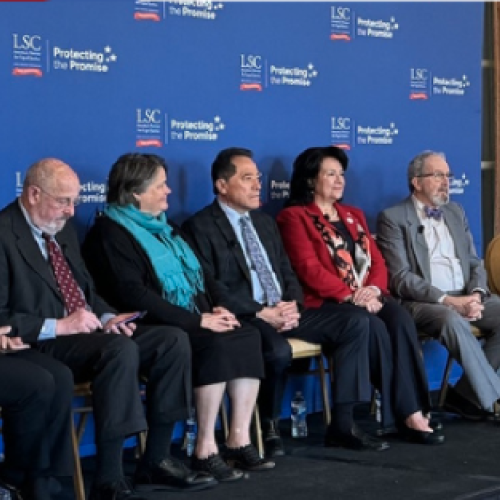Read insights from executive directors on pressing issues facing legal aid organizations.
More on Management
Visit this MPI topic page to explore resources on leading and managing legal aid organizations.
More Model Practices & Innovations
Visit this page to explore additional Model Practices & Innovations Resources.
1


